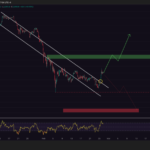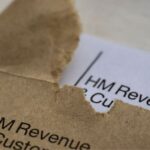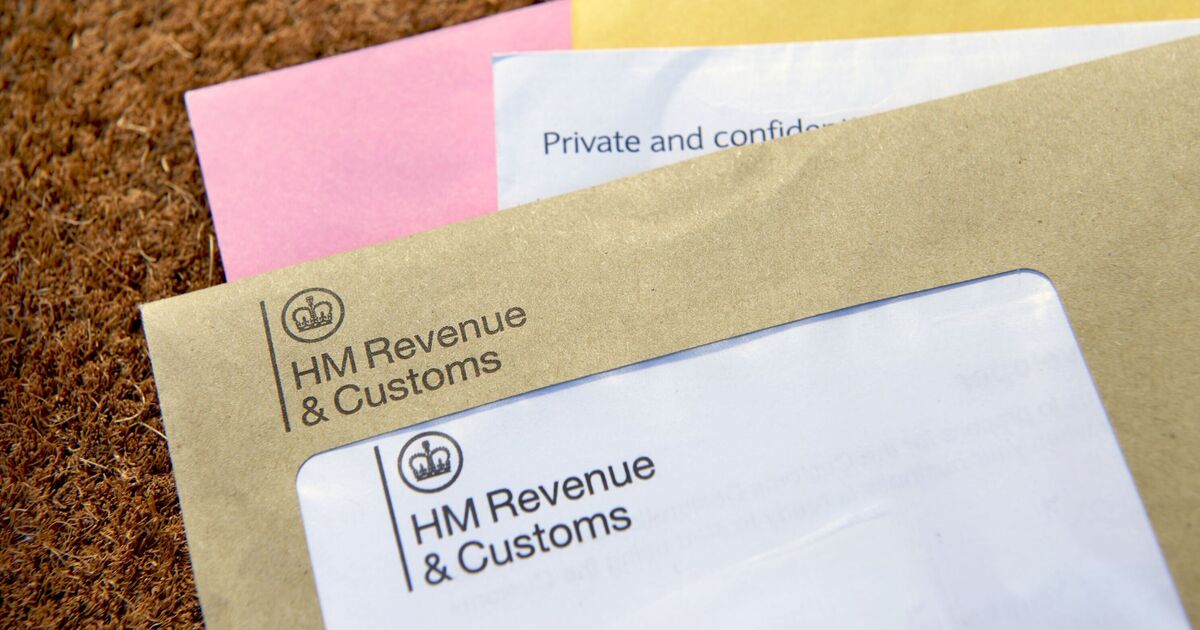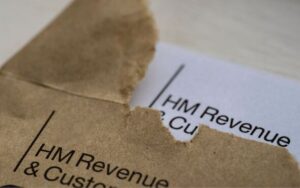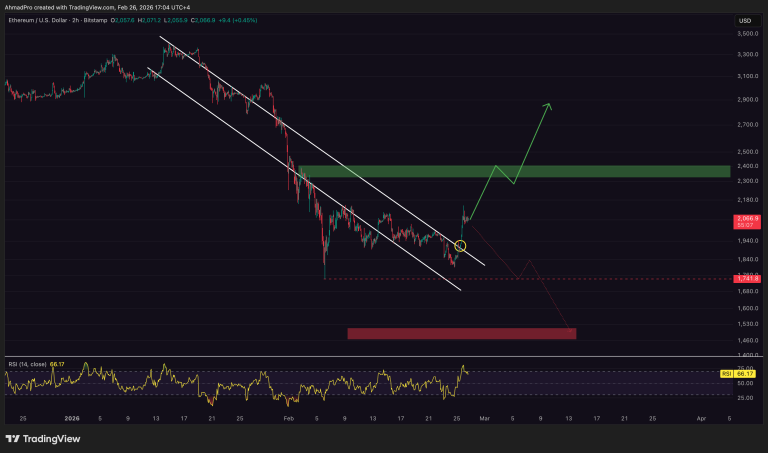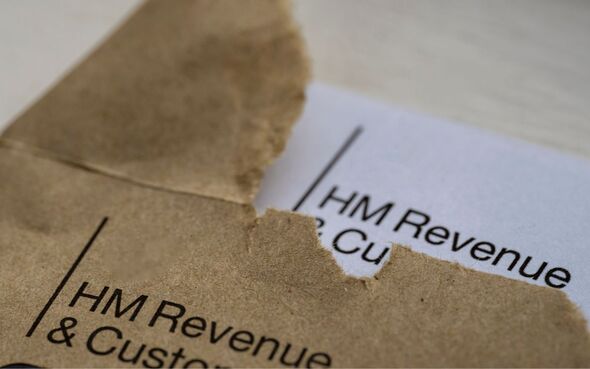
State pensioners will begin paying tax following Triple Lock rises to the state pension, it has been confirmed.
Technically, pensioners were always liable to pay tax on their income, but the state pension alone was never enough to bring pensioners into income tax liability.
But following years of ‘fiscal drag’ thanks to frozen Personal Allowance thresholds and years of Triple Lock state pension increases, the date at which pensioners will begin to pay tax on their pension even if they have no other income is now looming large.
The Triple Lock is the mechanism by which state pension benefits are increased each April. It is a commitment to increase pensions by the same as inflation, wage growth or a flat 2.5 percent, whichever of the three is highest.
Meanwhile, income tax is decided by the amount of income you have, against key thresholds.
Those earning less than £12,570 pay no income tax on their earnings or pension, but because the Personal Allowance threshold has been frozen for so long, and Chancellor Rachel Reeves has confirmed it will continue to be frozen until 2028, there is now a date at which the state pension will catch up with it and pensioners will cross that Personal Allowance thresholds.
Currently, state pensioners are given £11,502.40 per year and next April this will rise to £11,973 with a confirmed 4.1 percent rise.
Based on the bare minimum 2.5 percent rise that’s guaranteed, in 2026 pensions will rise to £12,272 and on April 6, 2027, pensions will go up at least another 2.5 percent, bringing the total for the full new state pension to £12,578.80.
That’s £70 higher than the Personal Allowance which means pensioners will have to begin paying tax on that money above the threshold.
You could, of course, hit that threshold even sooner if you have other income such as a second property, a private pension or stocks and shares investments outside of an ISA which pay you interest.


